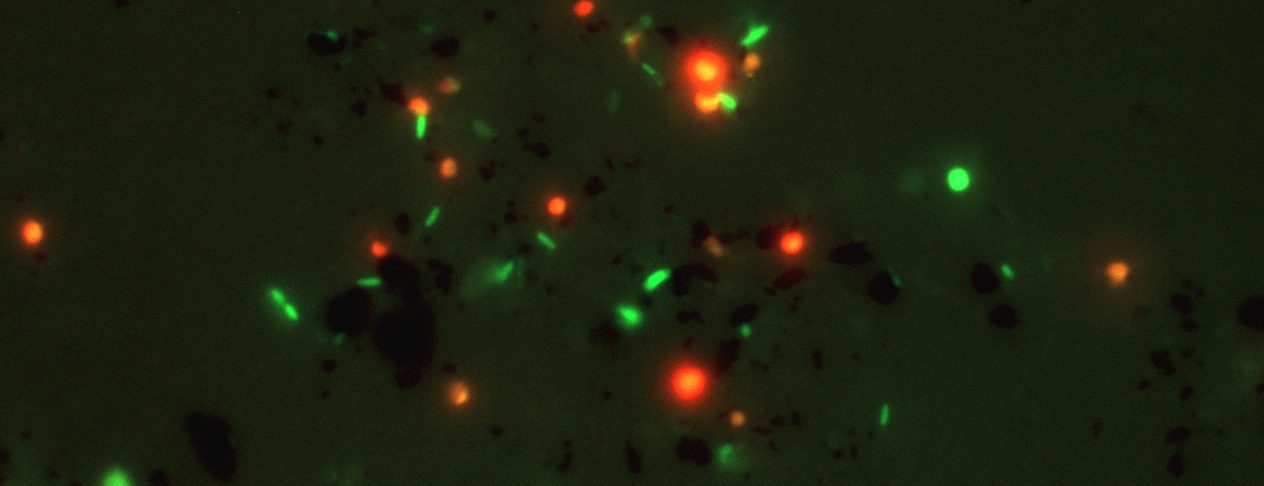By -
Amelia Rotaru
Preprint from our lab
We discovered that Baltic Sea consortia rich in Geobacter and Methanosarcina carried out syntrophic acetate oxidation (SAO) mediated by conductive particles.
It’s a really exciting finding not only because it is of importance to our understanding of the iron the methane cycles but also because:
- it raises questions how anthropogenic discharge of conductive particles (from agriculture, forestry etc) affects methane emissions
- it can explain the presence of electrogens like Geobacter in the methanogenic zone
- it can explain isotope ratios characteristic of CO2 reductive methanogenesis in deep sediment layers where Methanosarcina (an acetoclastic methanogen) is abundant
- it is the first detailed description of a conductive particle-mediated SAO in consortia from sediments
- it is the first NanoSIMS description of a Geobacter-Methanosarcina consortium
We enjoyed doing the work and hope the scientific community will receive it with excitement.

